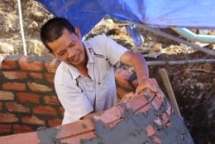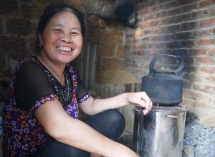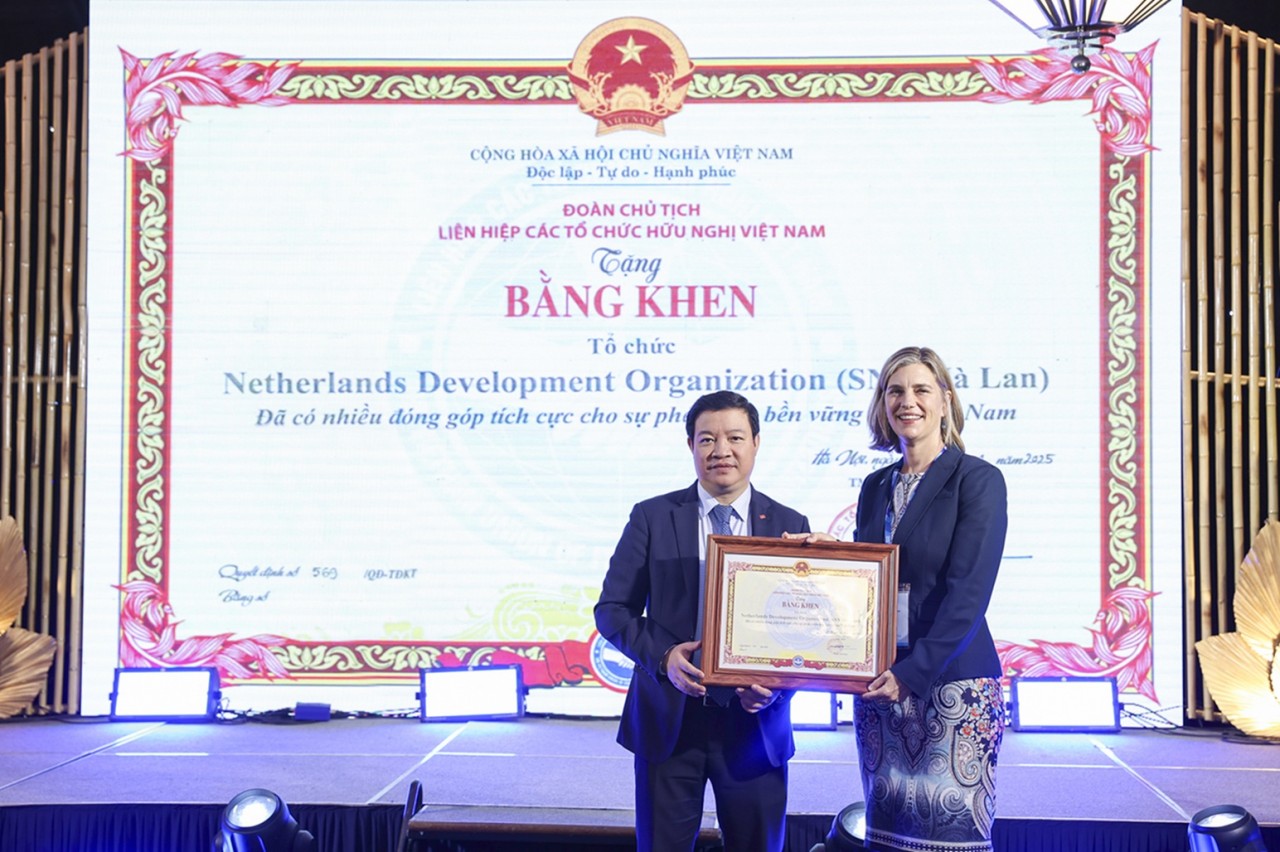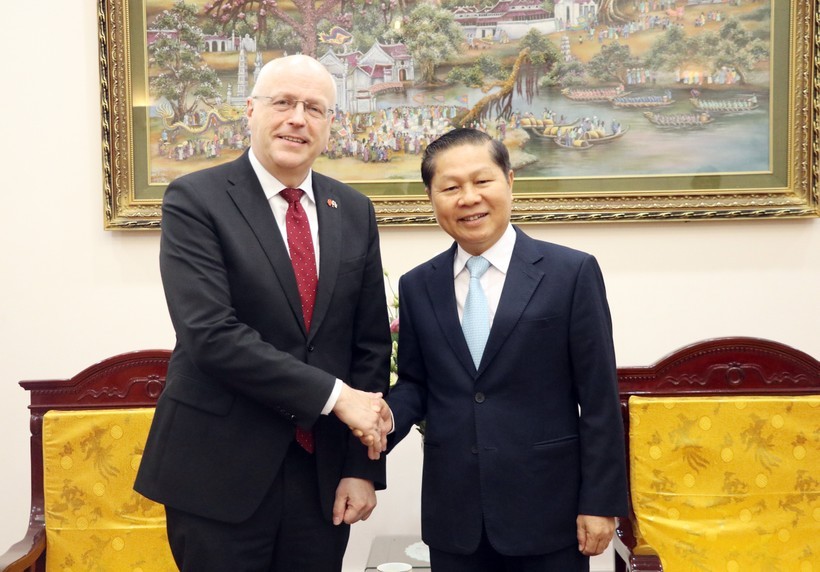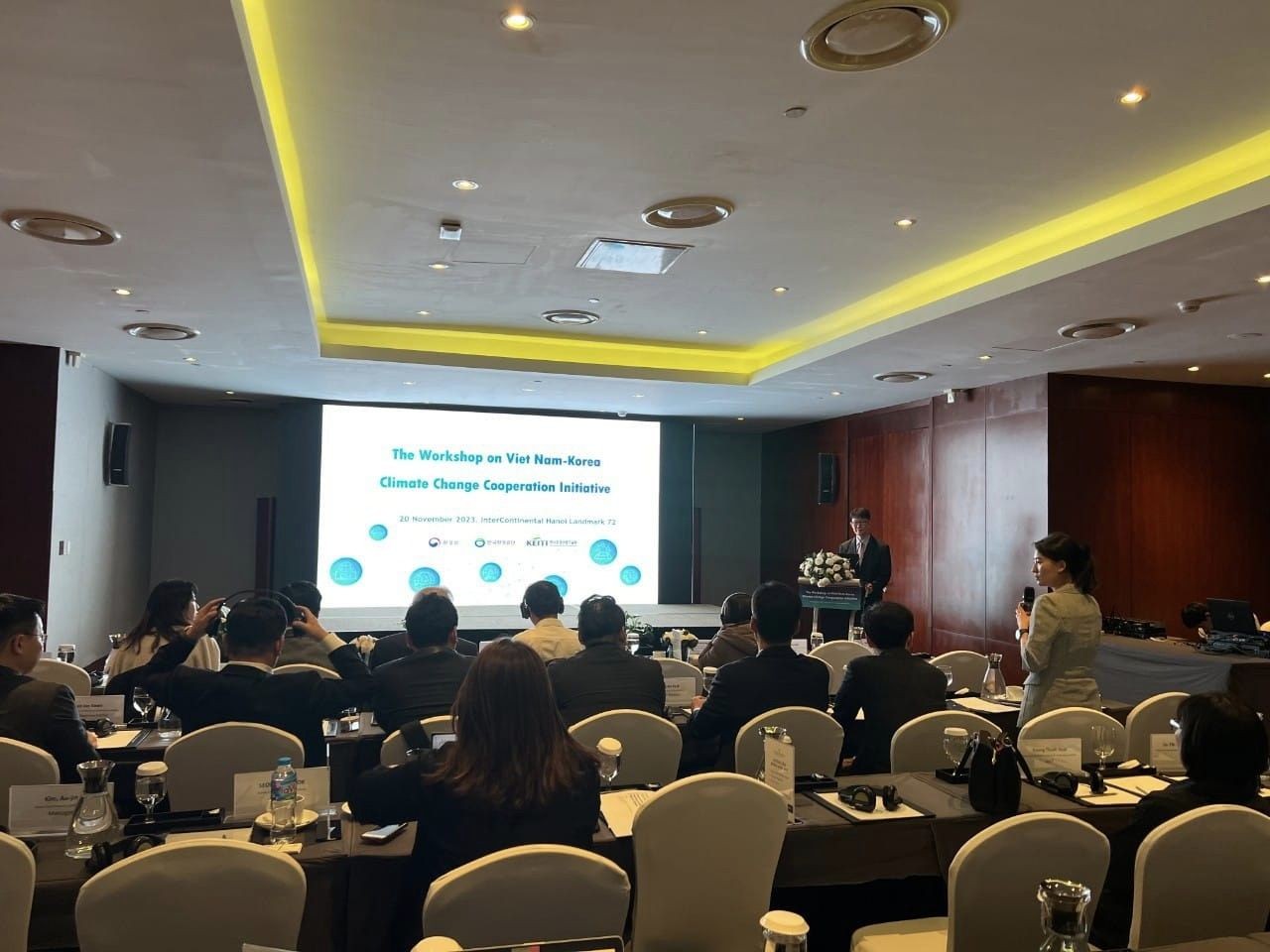SNV's Programme helps reduce Vietnam's gas emission by over 3 million tons
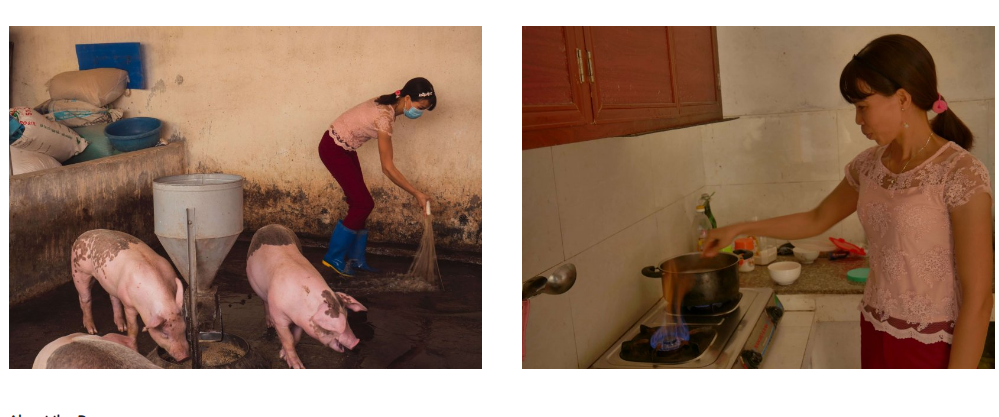 |
| Biogas technology can convert animal manure and human excreta into a renewable, reliable and affordable source of energy. Biogas therefore helps to tackle environmental, health and energy supply challenges. |
SNV Vietnam - a Dutch non-profit international development organization - has announced that in May 2020 over 700,000 Gold Standard carbon credits (GS VERs) have been issued for the fourth monitoring period of the Biogas Programme for the Animal Husbandry Sector in Vietnam.
The reduction of 709,192 tons of CO2 equivalent emissions was independently verified and certified by the Gold Standard Organization. Combining this number with more than 2.3 million of GS VERs credits already issued for the three previous monitoring periods, the project has reduced Vietnam’s GHG emissions by over 3 million tons CO2, one of the highest volumes for voluntary carbon credits available in the market.
The achievements of the Biogas Programme makes this project an important contributor to the global carbon market, while the total issued credits account for 2.6% of the global credits issued since its start in 2003. Specifically, the verified carbon credits from the Biogas Programme in the year 2018 and 2019 accounted for 5.5% and 3.9% of global GS issuance in these two years respectively.
In Vietnam, by the end of 2018, a total of 3.39 million GS VERs were issued with the BP project accounting for 70% of the total. With the fourth monitoring period credit issuance, this rate increased to 75%.
The Biogas Programme in Vietnam effectively addresses both climate change and energy access in communities across rural communities. The programme not only prevents over half a million tons of CO2 from entering the atmosphere each year but also creates local jobs, improves indoor air quality for thousands of people, reduces deforestation and provides organic fertilizer.
Along with Vietnamese Government in its commitment to the Paris Agreement in reducing GHG emissions by 8% by 2030 with its own resources, the Ministry of Agriculture & Rural development (MARD) has set specific objectives in dealing with GHG mitigation in both agriculture and livestock sectors. In which, the Vietnam Biogas Programme started in 2003 with three implementation phases until 2020, has now installed approximately 175,000 digesters in 53 provinces.
The programme is implemented by Livestock Production Department the Biogas Project Division (BPD) under the MARD and in partnership with SNV in Vietnam.
It aims to exploit biogas technology effectively and developing a commercially viable biogas sector in Vietnam, and contribute to rural development and environmental protection via the provision of clean and affordable energy to rural households, improvement of community’s sanitation and rural people’s health, creation of jobs for rural labor and a reduction of GHG.
In 2012, BP has successfully registered with Gold Standard Foundation in the issuance of Voluntary carbon credits and credit commercialization in the voluntary carbon market, which enables the programme to generate income and result in more than 50% funding to programme budget.
The carbon credit issuance in the global market marks a significant milestones in our efforts to minimize GHG and maximize profit for reinvestment.
The project aims to reach the target of 500,000 bio-digester installation by 2020, which contributes to 1.46 million tons of CO2 reduction every year.
With the total amount of gold standard carbon credit issuance, the Biogas Programme in Vietnam has received great recognition of the carbon credit traders and played a significant role in the global carbon market.
 | Hanoi gives greenlight to plan of implementing two urban metro lines The municipal Party Committee of Hanoi has approved a plan to build two new metro lines. |
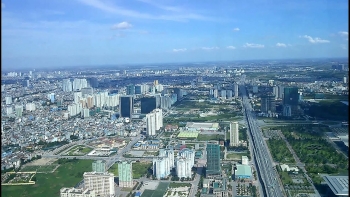 | Vietnam air quality improves thanks to COVID-19 With business and manufacturing activities coming to a halt, transportation reducing by half due to COVID-19, the capital Hanoi and Ho Chi Minh Metropolis– two ... |
 | No basis to affirm air pollution in Hanoi second highest in Southeast Asia: Official Air pollution in Hanoi is real but there is no basis to say it is at the second highest level in Southeast Asia, Deputy Minister ... |
Recommended
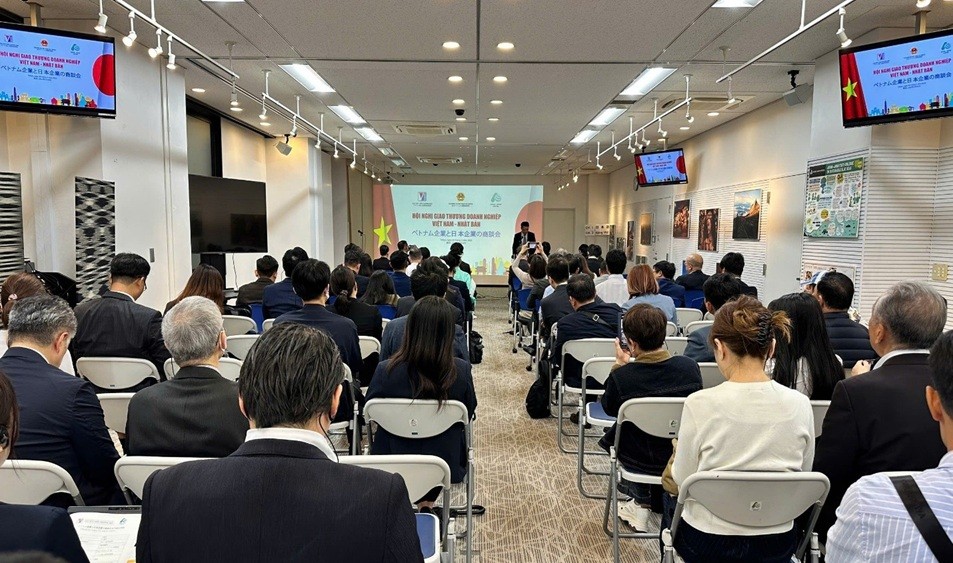 Friendship
Friendship
Promoting Vietnam - Japan Economic Cooperation
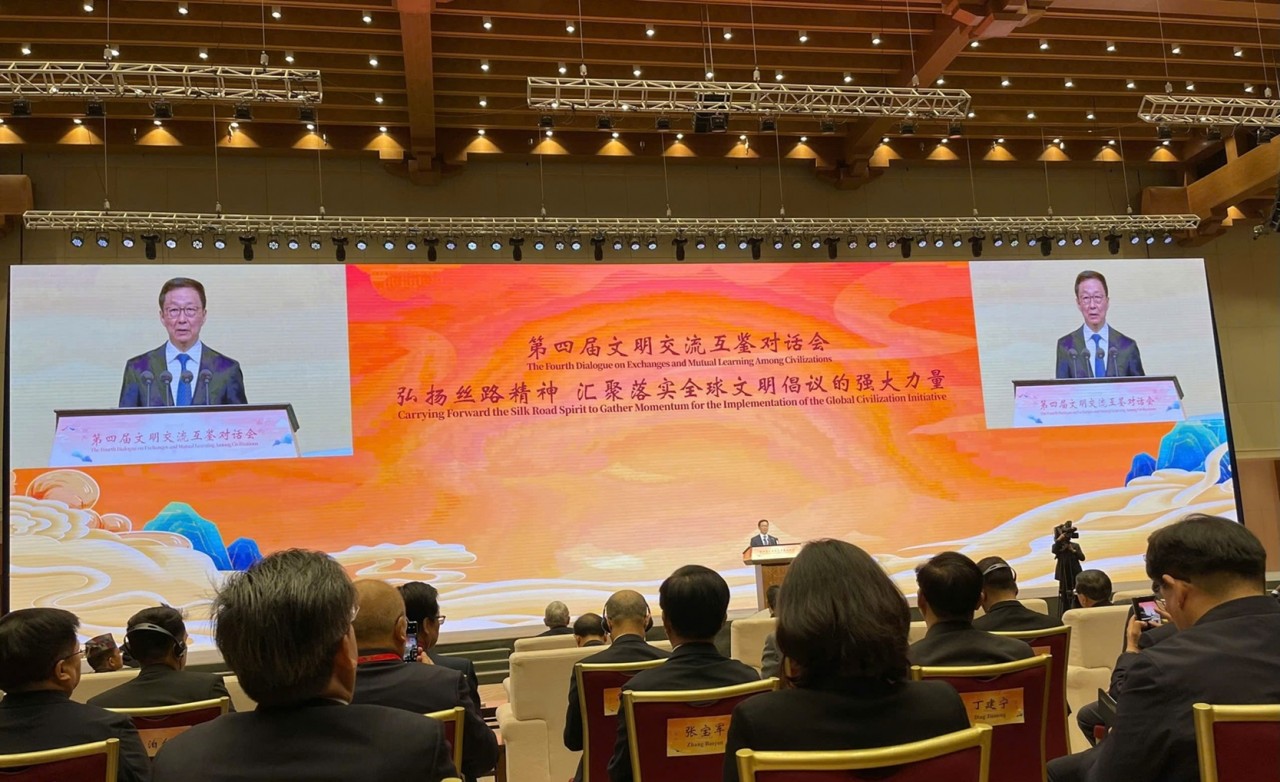 Friendship
Friendship
VUFO Attends Fourth Dialogue on Exchange and Mutual Learning among Civilizations
 Friendship
Friendship
COPI (US) Provides Free Medical Check-Ups for Nearly 1,000 People in Quang Nam
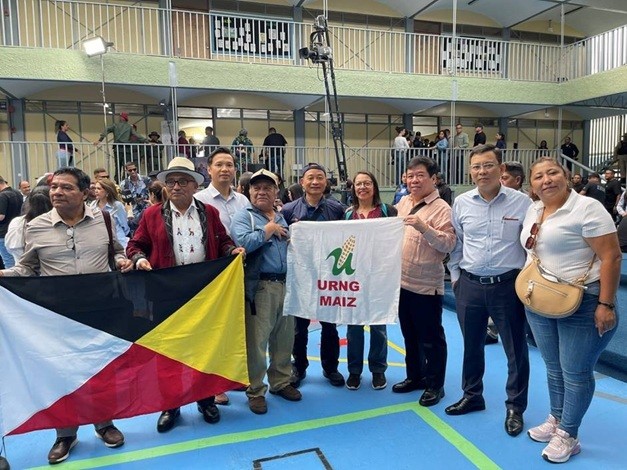 Focus
Focus
Strengthen Solidarity and Friendship Between Vietnam and Venezuela
Popular article
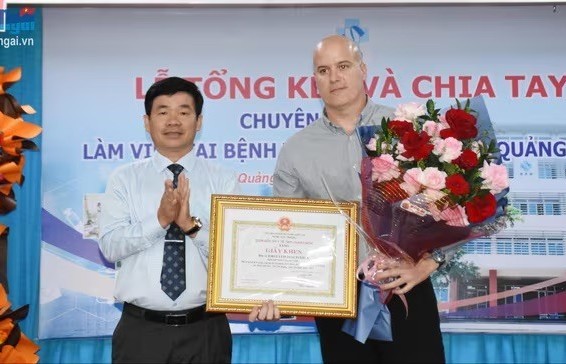 Friendship
Friendship
Quang Ngai Recognizes Cuban Health Experts' Contributions to Mother and Child Care
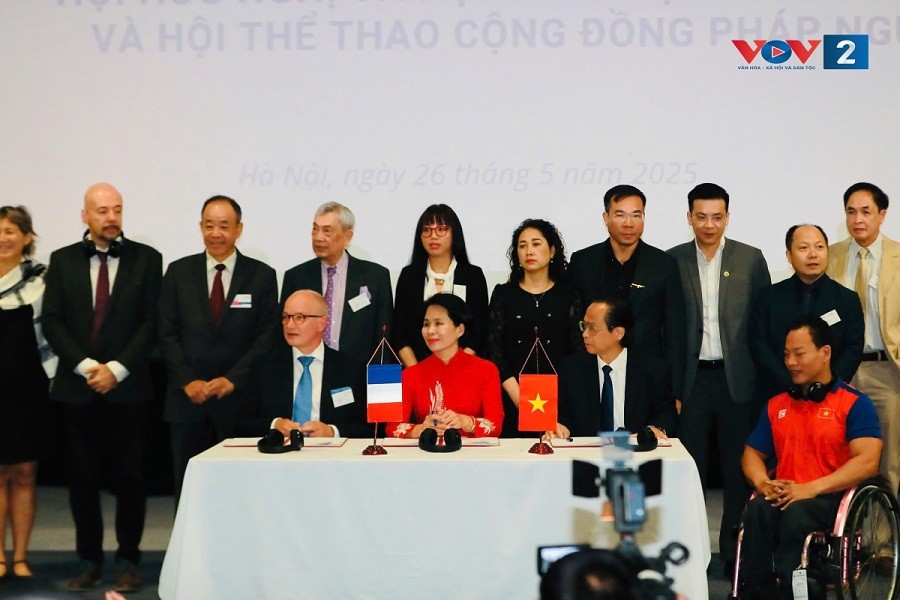 Friendship
Friendship
Vietnam, France Promote High-performance Sports
 Friendship
Friendship
Concert In Hanoi Highlights Vietnam - Azerbaijan Ties
 Focus
Focus

